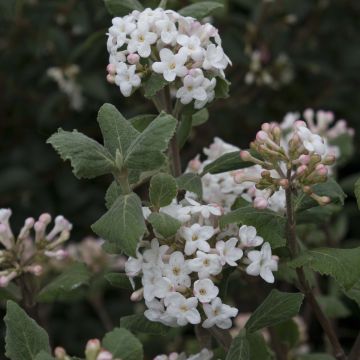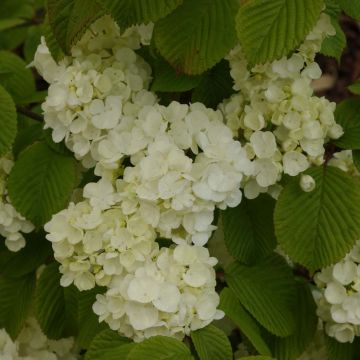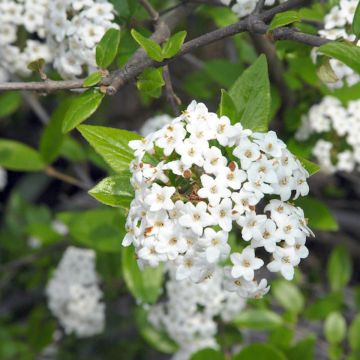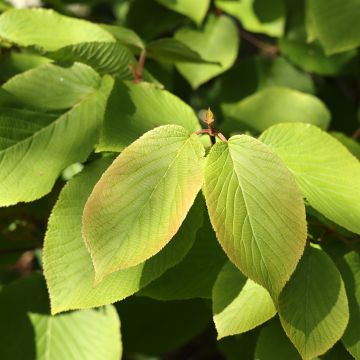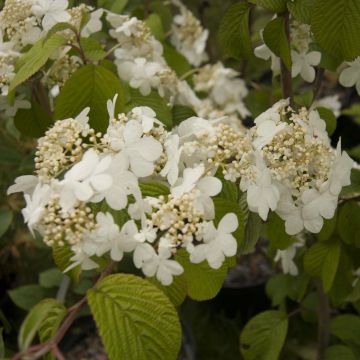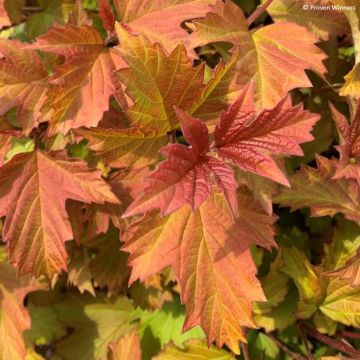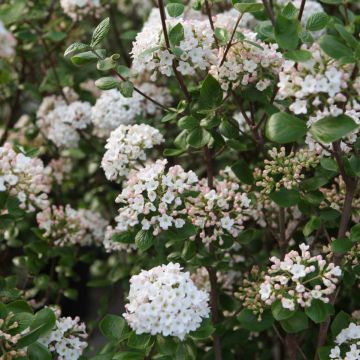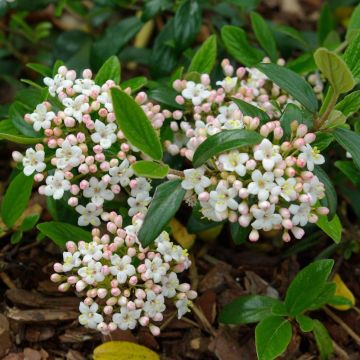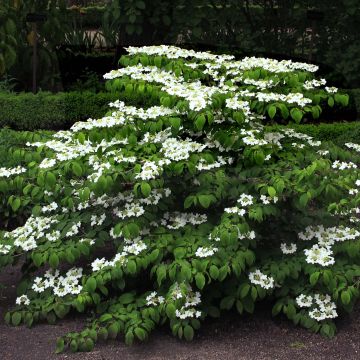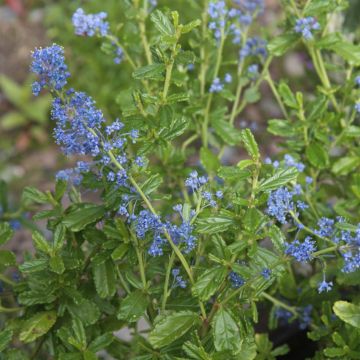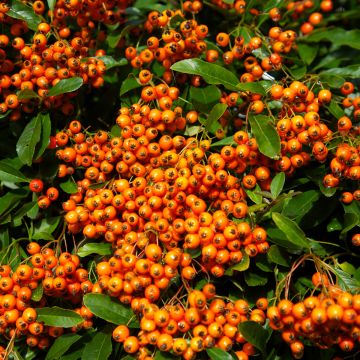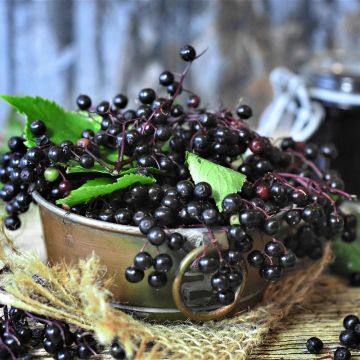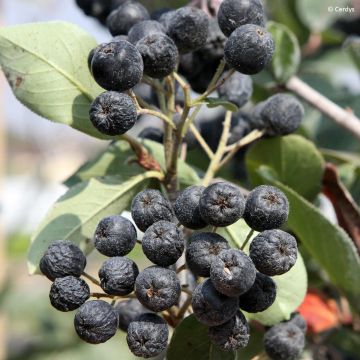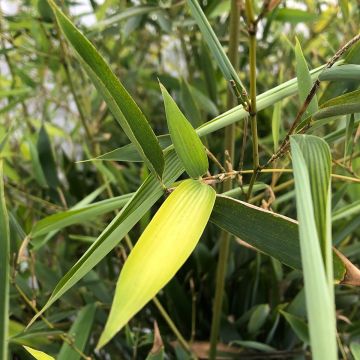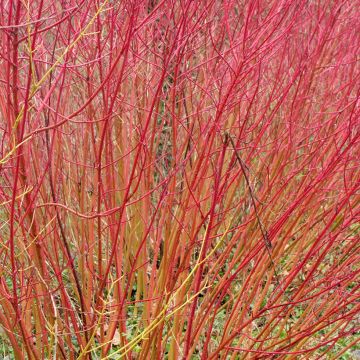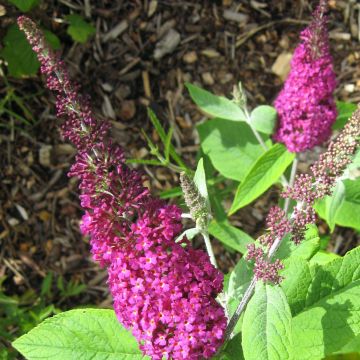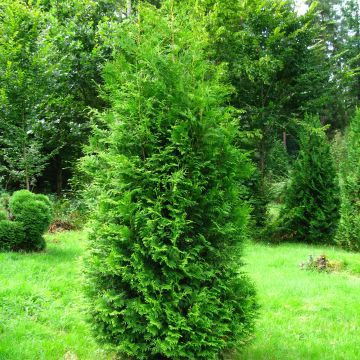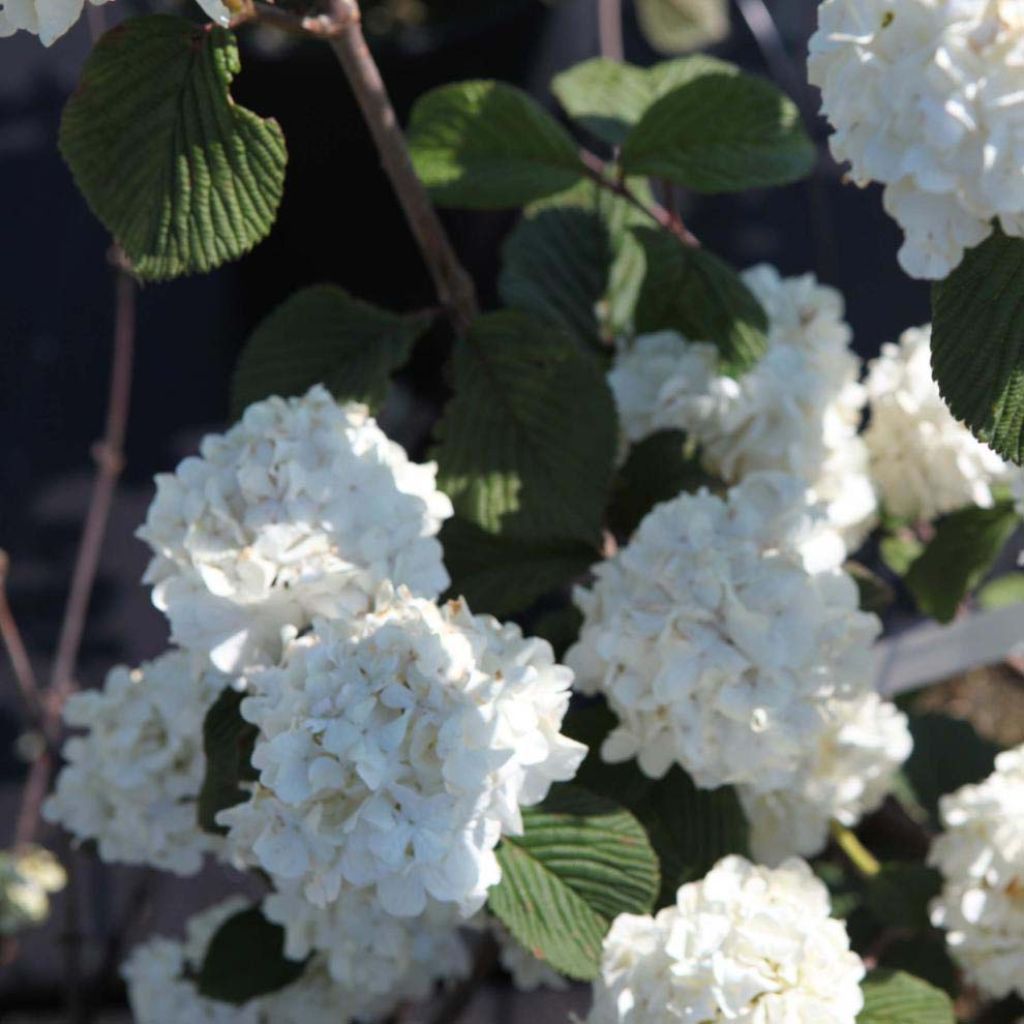

Viburnum plicatum Grandiflorum Noble
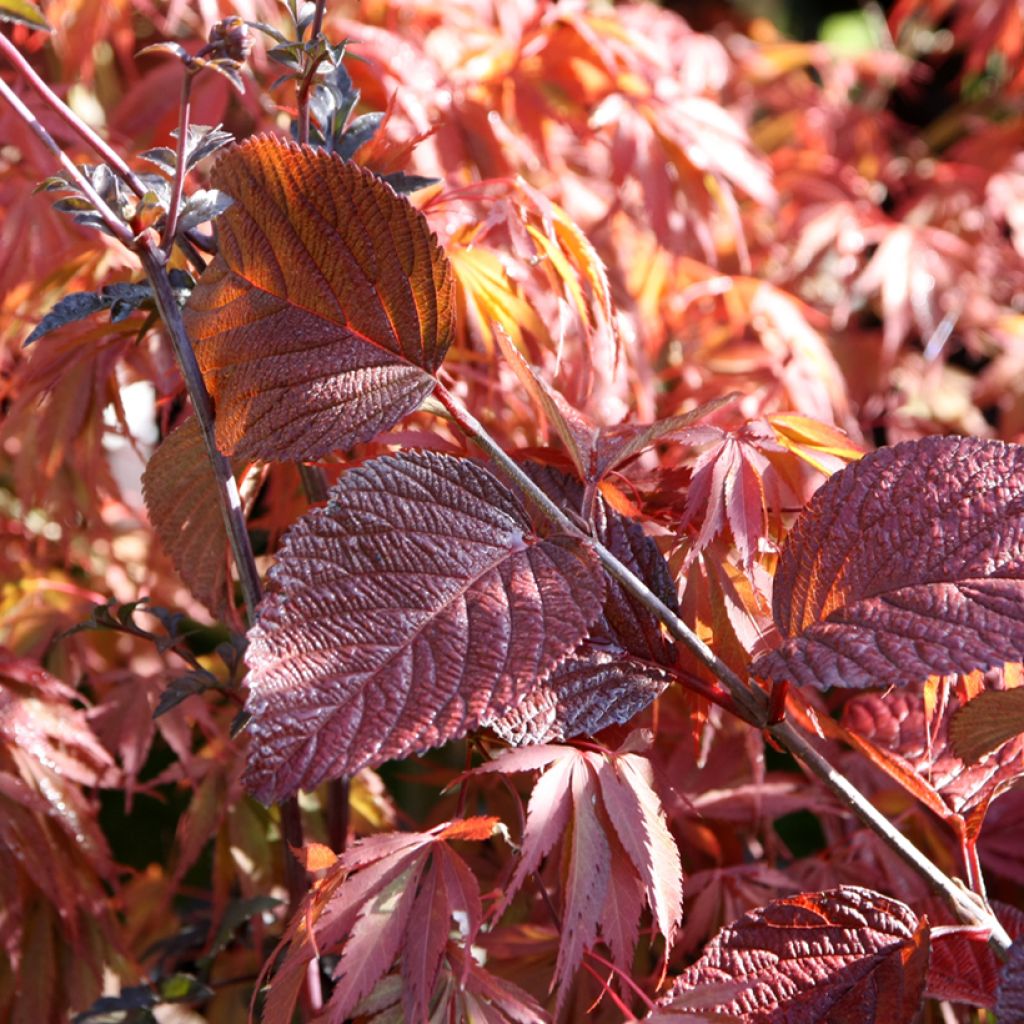

Viburnum plicatum Grandiflorum Noble
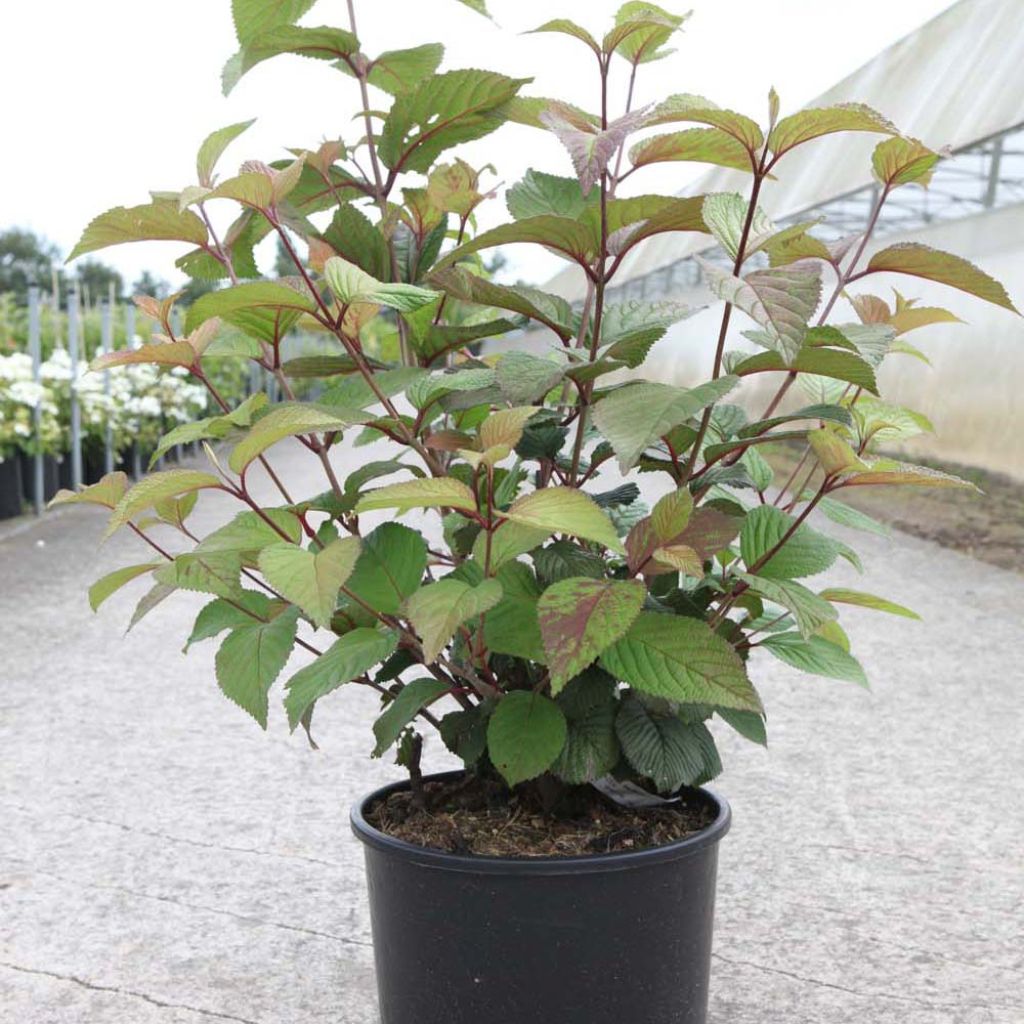

Viburnum plicatum Grandiflorum Noble
Viburnum plicatum Grandiflorum Noble
Viburnum plicatum Grandiflorum Noble®
Japanese Snowball, Japanese Snowball Bush
Good evening, today I received my order, but I was disappointed for the first time since I started ordering from you. There were broken or partially broken shoots at the top of the bush. I believe it was due to the packaging. It really saddened me, it's a shame for this shrub.
Duchene Francoise, 21/04/2023
This item cannot be shipped to the selected country
Delivery charge from €5.90
Delivery charge from €5.90
More information
Schedule delivery date,
and select date in basket
This plant carries a 24 months recovery warranty
More information
We guarantee the quality of our plants for a full growing cycle, and will replace at our expense any plant that fails to recover under normal climatic and planting conditions.
From €5.90 for pickup delivery and €6.90 for home delivery
Express home delivery from €8.90.
From €5.90 for pickup delivery and €6.90 for home delivery
Express home delivery from €8.90.
Does this plant fit my garden?
Set up your Plantfit profile →
Description
Viburnum plicatum 'Grandiflorum' Noble® is undoubtedly the most beautiful of the snowball viburnums. This variety offers a flowering in large white corymbs barely suffused with pink, which is reminiscent of the famous V. opulus, but on a plant a thousand times more beautiful. It distinguishes itself by its magnificent habit, both bushy, rounded and luxuriant, its earlier, more abundant, whiter flowering, which also evokes those of certain ball-shaped hydrangeas. The autumn colours, sumptuous from September in a range of warm colours, are another asset of this deciduous shrub, which definitely displays a beautiful presence in the garden. Of great beauty, this queen of viburnums will only thrive in fresh, well-drained soil, preferably non-calcareous.
Viburnum plicatum, sometimes called Japanese snowball bush, is a shrub of the Adoxaceae family (formerly classified in the Caprifoliaceae family), native to China and Japan. 'Grandiflorum' Noble® is a horticultural selection that stands out mainly for its large spherical inflorescences consisting only of sterile florets. With a horizontal branching, the plant has a bushy, rounded and spreading habit. It will reach a height of about 2m (6ft 7in) with a spread of 3m (9ft 10in) at maturity, with rather slow growth. Flowering occurs in May and continues until June. The inflorescences in wide spherical cymes of 10cm (3.9in) develop at the end of the branches. They are composed of small well-developed sterile flowers, white in colour sometimes tinged with pink. The leaves, deciduous, measure 5 to 8cm (2 to 3.1in) long, are ovate in shape, tapering, strongly veined, with regularly toothed edges. Their green colour is quite dark and has a satin sheen on the upper side, with a pubescent underside. The foliage takes on beautiful colours from late summer and in autumn, turning yellow and then dark burgundy red to violet.
The "queen of snowballs" deserves a prominent place in a small garden or in the centrre of a mixed border that will showcase summer and autumn flowering, beautiful fruits and graphic foliage. This Viburnum 'Grandiflorum' Noble® can be planted in a shrub border, along with a sacred bamboo, a 'Black Lace' elderberry, Clerodendrum trichotomum, a slender and silver Salix exigua to soften its autumn colours, or a Berberis thunbergii 'Atropurpurea' whose purple foliage will enhance its white inflorescences. It can also be associated with compact Photinias, Elaeagnus, camellias or hydrangeas in non-calcareous soil, the choice is vast. In a border of low perennials and grasses, one can enjoy its beautiful presence in winter.
Report an error about the product description
Viburnum plicatum Grandiflorum Noble in pictures
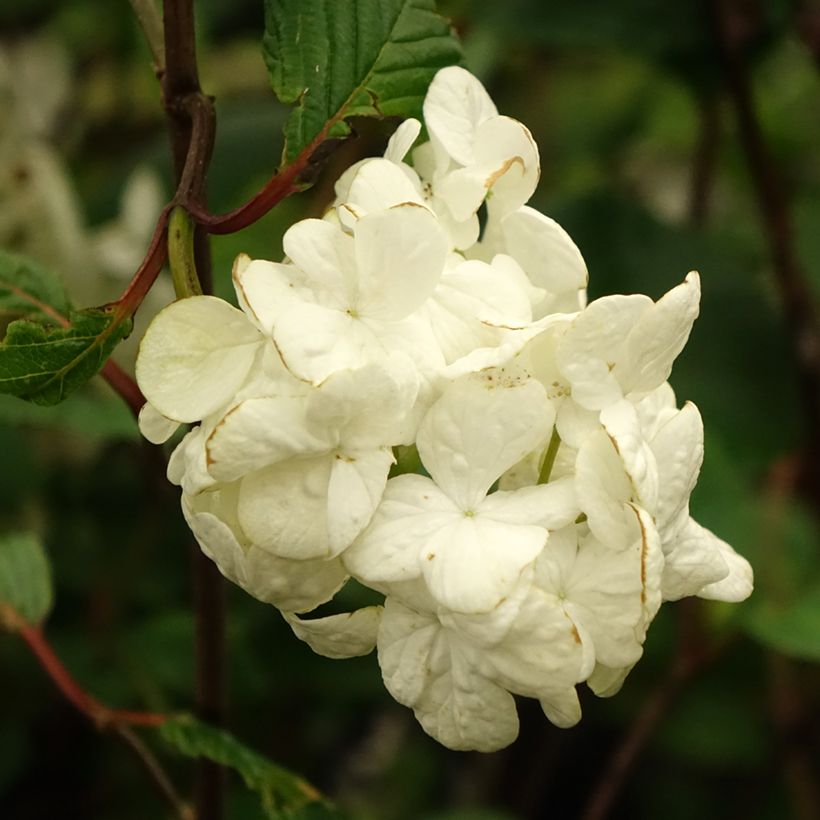

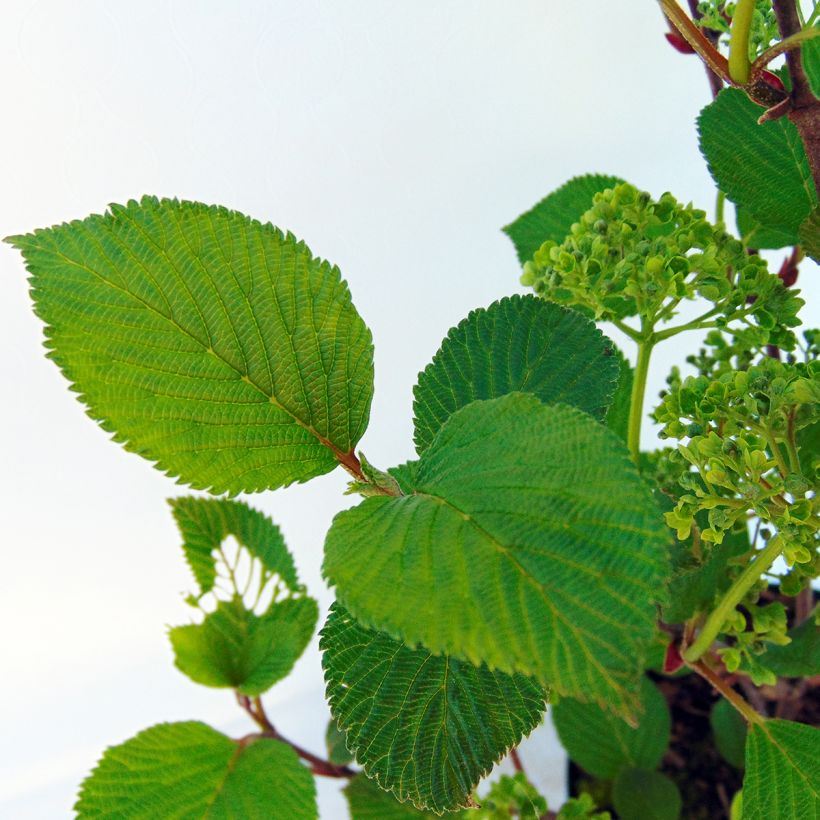



Plant habit
Flowering
Foliage
Botanical data
Viburnum
plicatum
Grandiflorum Noble®
Caprifoliaceae (Adoxaceae)
Japanese Snowball, Japanese Snowball Bush
Cultivar or hybrid
Other Viburnum
Planting and care
Viburnum plicatum 'Grandiflorum' Noble® is cultivated in full sun or partial shade. Place it from November to May, frost-free, in any type of soil without too much limestone (Ph<7.5) and not too dry, preferably moist, humus-rich and deep. This bush has the advantage of requiring little maintenance. The viburnum is often attacked by aphids without great danger. After flowering, you can prune the bush. Prune sparingly to maintain the naturally rounded habit. Remove branches that compromise the symmetry of the plant.
Planting period
Intended location
Care
-
, onOrder confirmed
Reply from on Promesse de fleurs
Hedge shrubs
Haven't found what you were looking for?
Hardiness is the lowest winter temperature a plant can endure without suffering serious damage or even dying. However, hardiness is affected by location (a sheltered area, such as a patio), protection (winter cover) and soil type (hardiness is improved by well-drained soil).

Photo Sharing Terms & Conditions
In order to encourage gardeners to interact and share their experiences, Promesse de fleurs offers various media enabling content to be uploaded onto its Site - in particular via the ‘Photo sharing’ module.
The User agrees to refrain from:
- Posting any content that is illegal, prejudicial, insulting, racist, inciteful to hatred, revisionist, contrary to public decency, that infringes on privacy or on the privacy rights of third parties, in particular the publicity rights of persons and goods, intellectual property rights, or the right to privacy.
- Submitting content on behalf of a third party;
- Impersonate the identity of a third party and/or publish any personal information about a third party;
In general, the User undertakes to refrain from any unethical behaviour.
All Content (in particular text, comments, files, images, photos, videos, creative works, etc.), which may be subject to property or intellectual property rights, image or other private rights, shall remain the property of the User, subject to the limited rights granted by the terms of the licence granted by Promesse de fleurs as stated below. Users are at liberty to publish or not to publish such Content on the Site, notably via the ‘Photo Sharing’ facility, and accept that this Content shall be made public and freely accessible, notably on the Internet.
Users further acknowledge, undertake to have ,and guarantee that they hold all necessary rights and permissions to publish such material on the Site, in particular with regard to the legislation in force pertaining to any privacy, property, intellectual property, image, or contractual rights, or rights of any other nature. By publishing such Content on the Site, Users acknowledge accepting full liability as publishers of the Content within the meaning of the law, and grant Promesse de fleurs, free of charge, an inclusive, worldwide licence for the said Content for the entire duration of its publication, including all reproduction, representation, up/downloading, displaying, performing, transmission, and storage rights.
Users also grant permission for their name to be linked to the Content and accept that this link may not always be made available.
By engaging in posting material, Users consent to their Content becoming automatically accessible on the Internet, in particular on other sites and/or blogs and/or web pages of the Promesse de fleurs site, including in particular social pages and the Promesse de fleurs catalogue.
Users may secure the removal of entrusted content free of charge by issuing a simple request via our contact form.
The flowering period indicated on our website applies to countries and regions located in USDA zone 8 (France, the United Kingdom, Ireland, the Netherlands, etc.)
It will vary according to where you live:
- In zones 9 to 10 (Italy, Spain, Greece, etc.), flowering will occur about 2 to 4 weeks earlier.
- In zones 6 to 7 (Germany, Poland, Slovenia, and lower mountainous regions), flowering will be delayed by 2 to 3 weeks.
- In zone 5 (Central Europe, Scandinavia), blooming will be delayed by 3 to 5 weeks.
In temperate climates, pruning of spring-flowering shrubs (forsythia, spireas, etc.) should be done just after flowering.
Pruning of summer-flowering shrubs (Indian Lilac, Perovskia, etc.) can be done in winter or spring.
In cold regions as well as with frost-sensitive plants, avoid pruning too early when severe frosts may still occur.
The planting period indicated on our website applies to countries and regions located in USDA zone 8 (France, United Kingdom, Ireland, Netherlands).
It will vary according to where you live:
- In Mediterranean zones (Marseille, Madrid, Milan, etc.), autumn and winter are the best planting periods.
- In continental zones (Strasbourg, Munich, Vienna, etc.), delay planting by 2 to 3 weeks in spring and bring it forward by 2 to 4 weeks in autumn.
- In mountainous regions (the Alps, Pyrenees, Carpathians, etc.), it is best to plant in late spring (May-June) or late summer (August-September).
The harvesting period indicated on our website applies to countries and regions in USDA zone 8 (France, England, Ireland, the Netherlands).
In colder areas (Scandinavia, Poland, Austria...) fruit and vegetable harvests are likely to be delayed by 3-4 weeks.
In warmer areas (Italy, Spain, Greece, etc.), harvesting will probably take place earlier, depending on weather conditions.
The sowing periods indicated on our website apply to countries and regions within USDA Zone 8 (France, UK, Ireland, Netherlands).
In colder areas (Scandinavia, Poland, Austria...), delay any outdoor sowing by 3-4 weeks, or sow under glass.
In warmer climes (Italy, Spain, Greece, etc.), bring outdoor sowing forward by a few weeks.

































